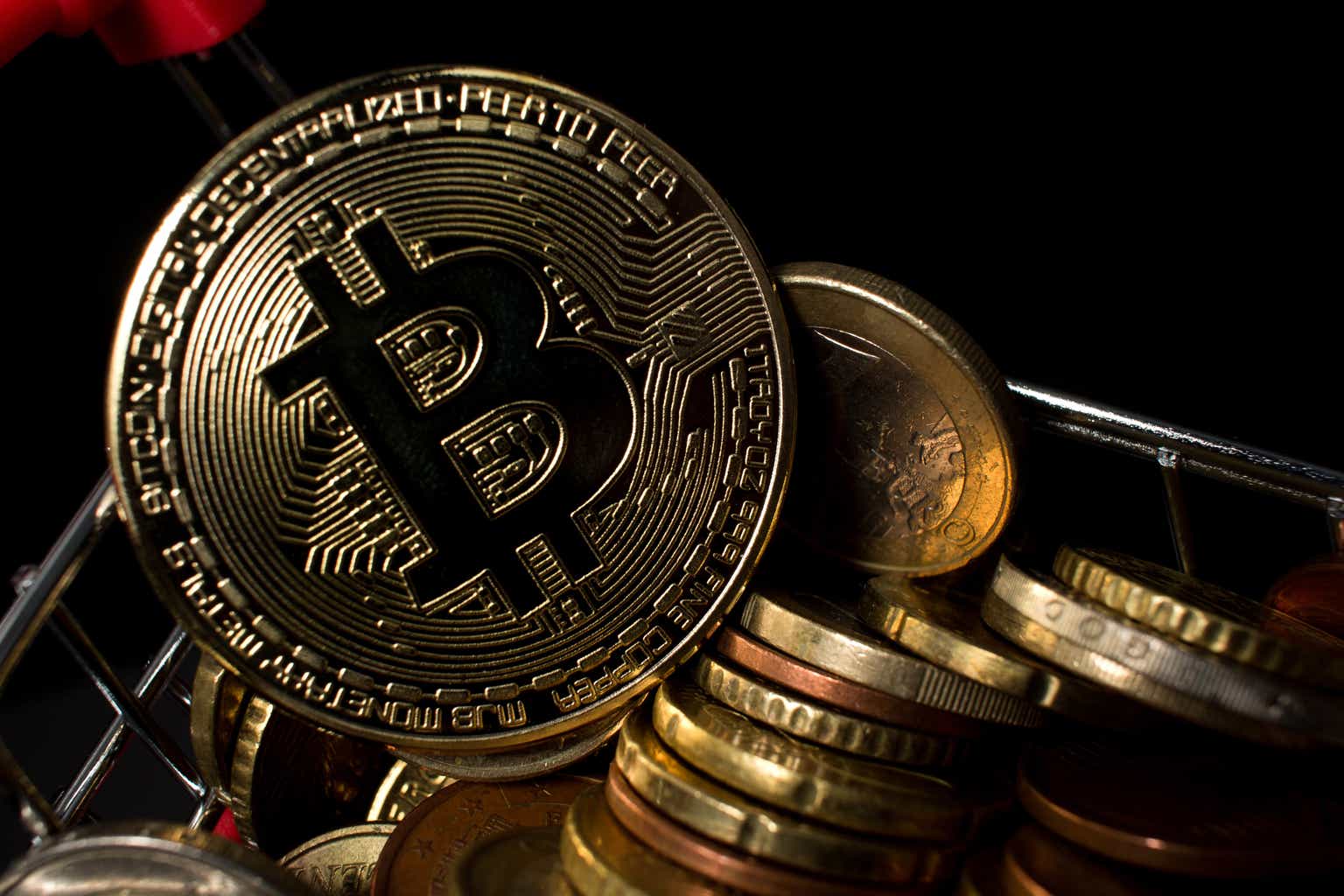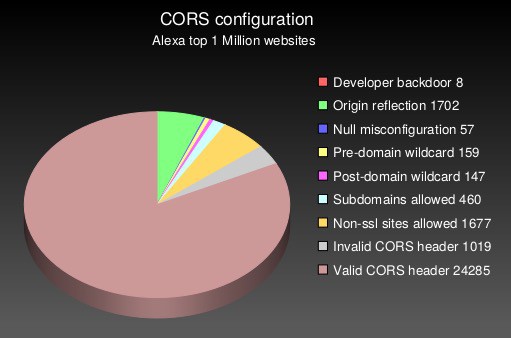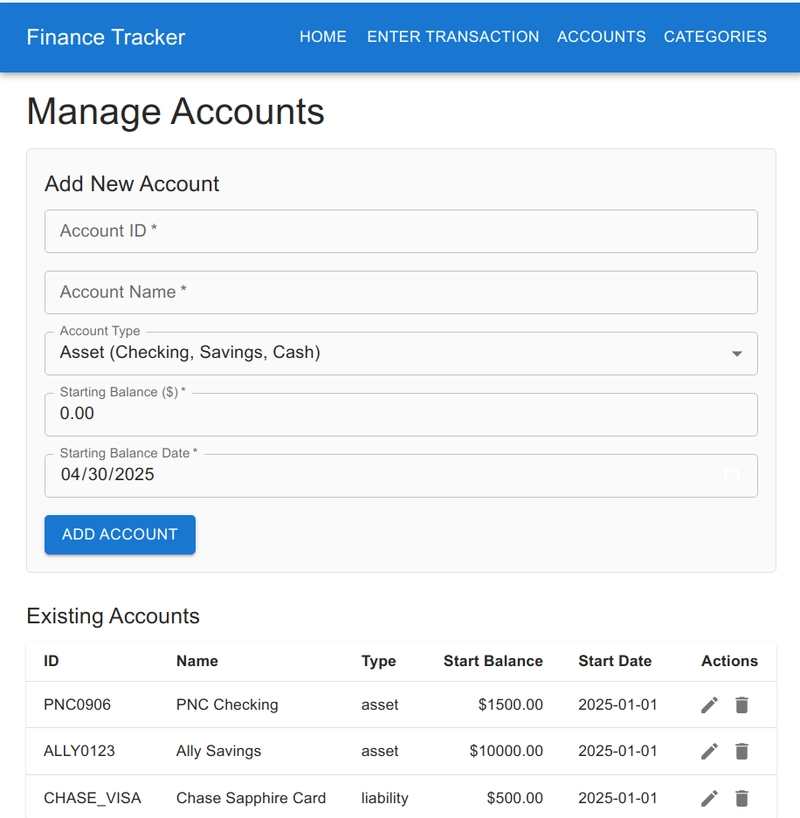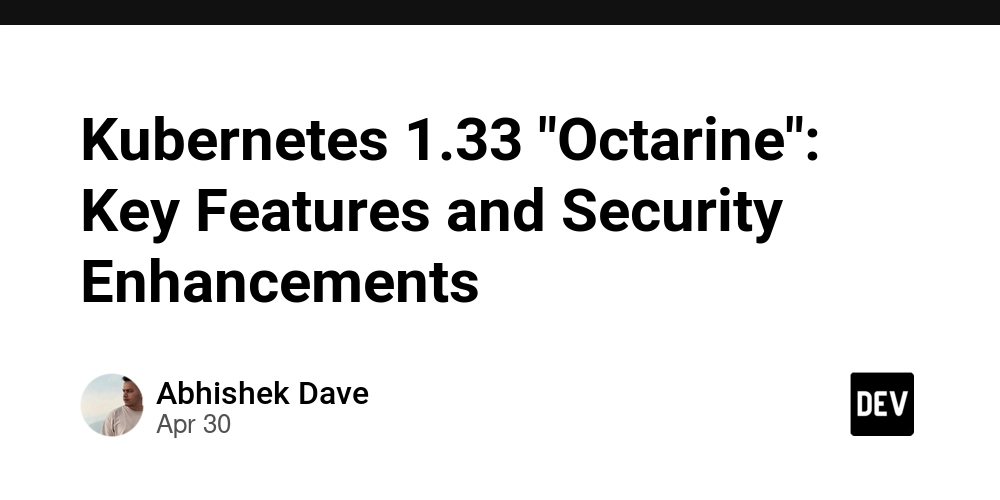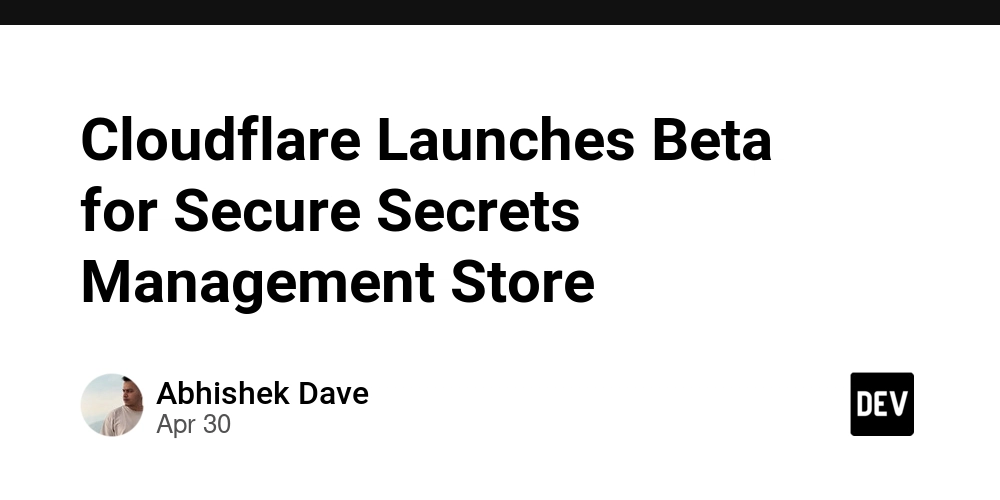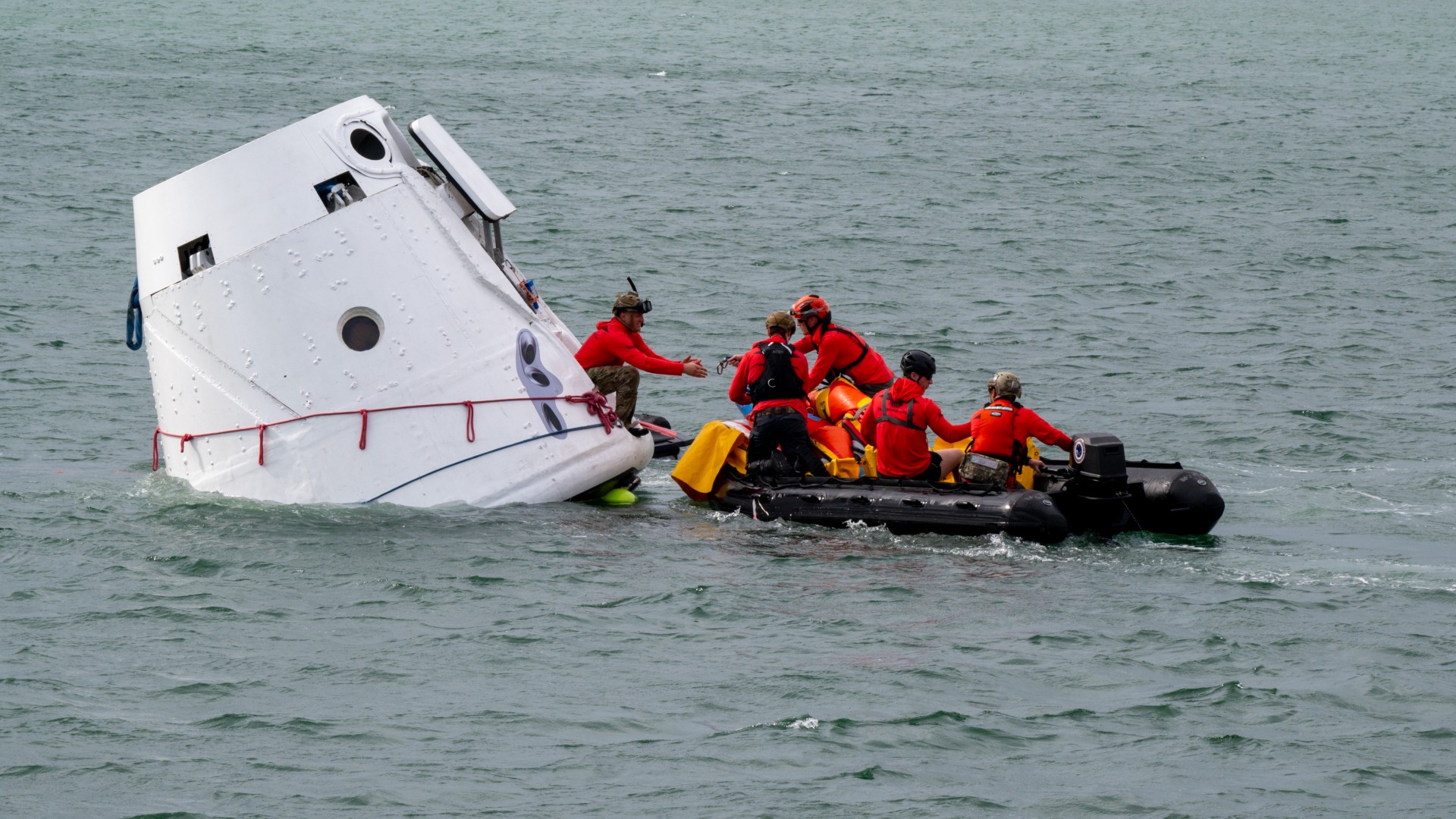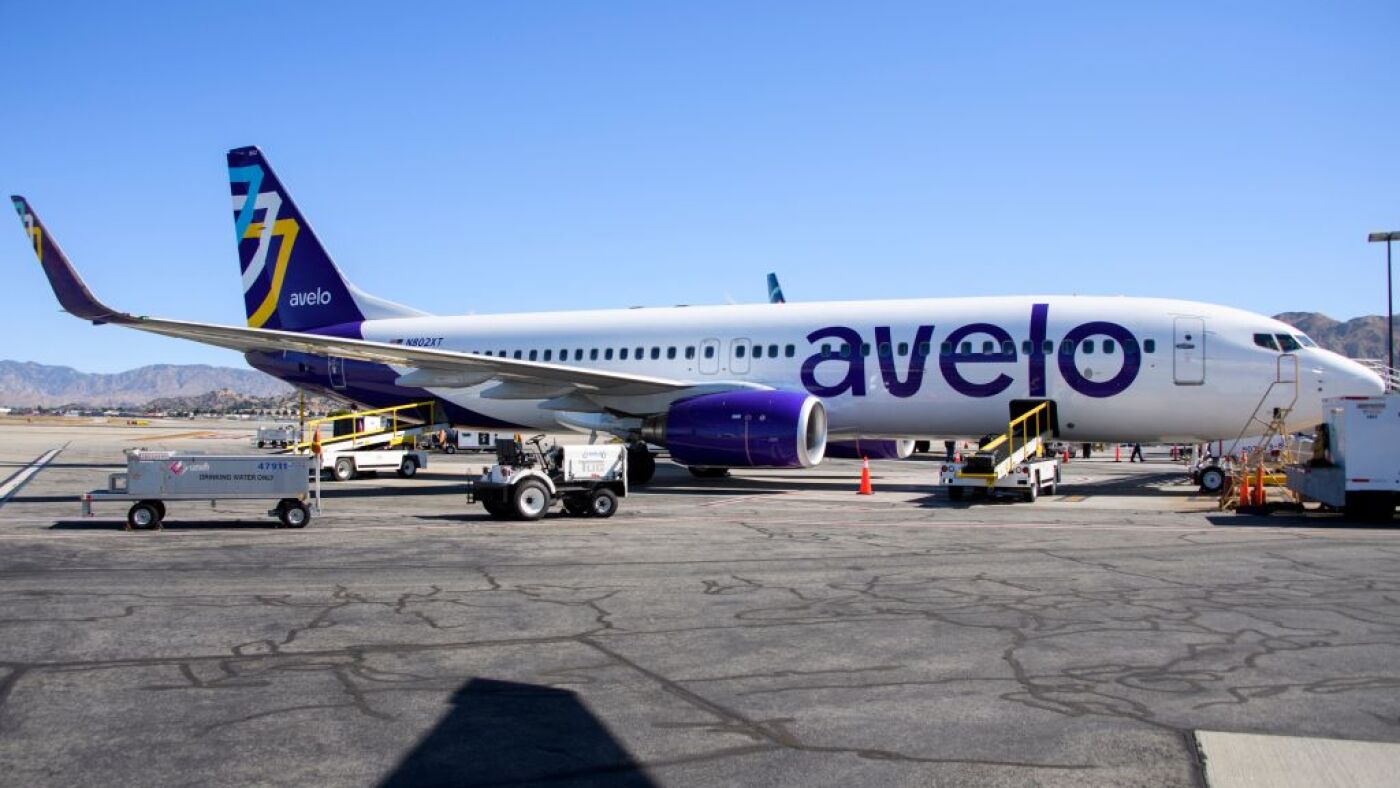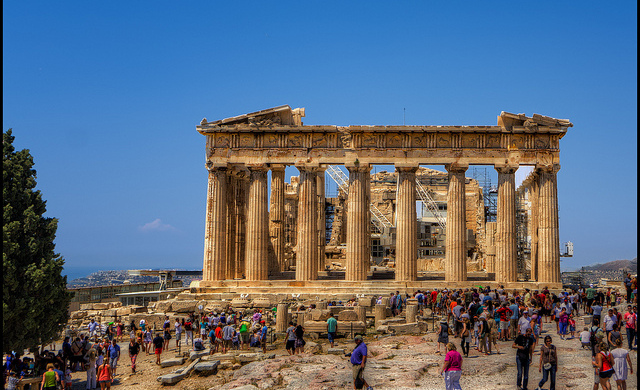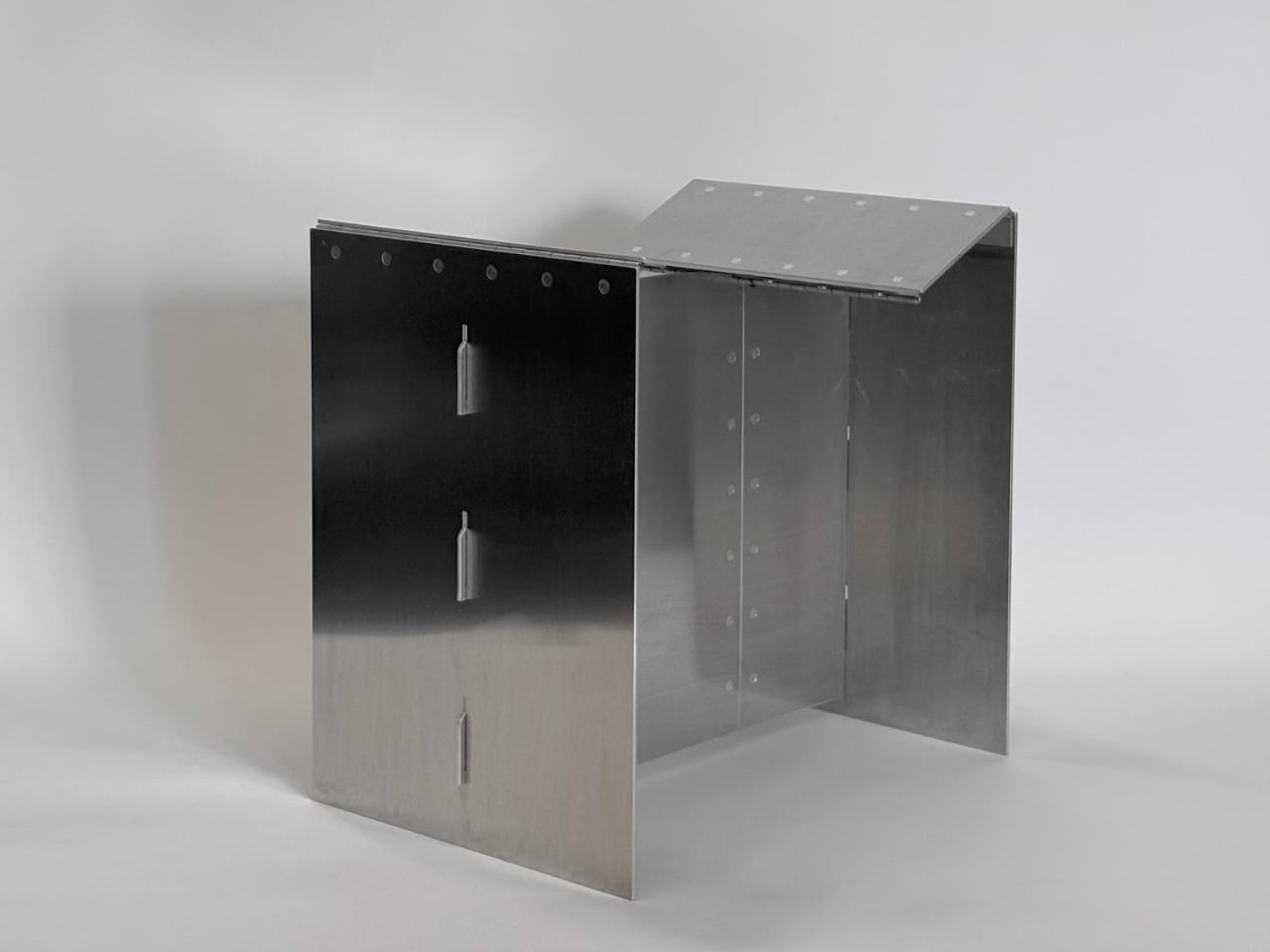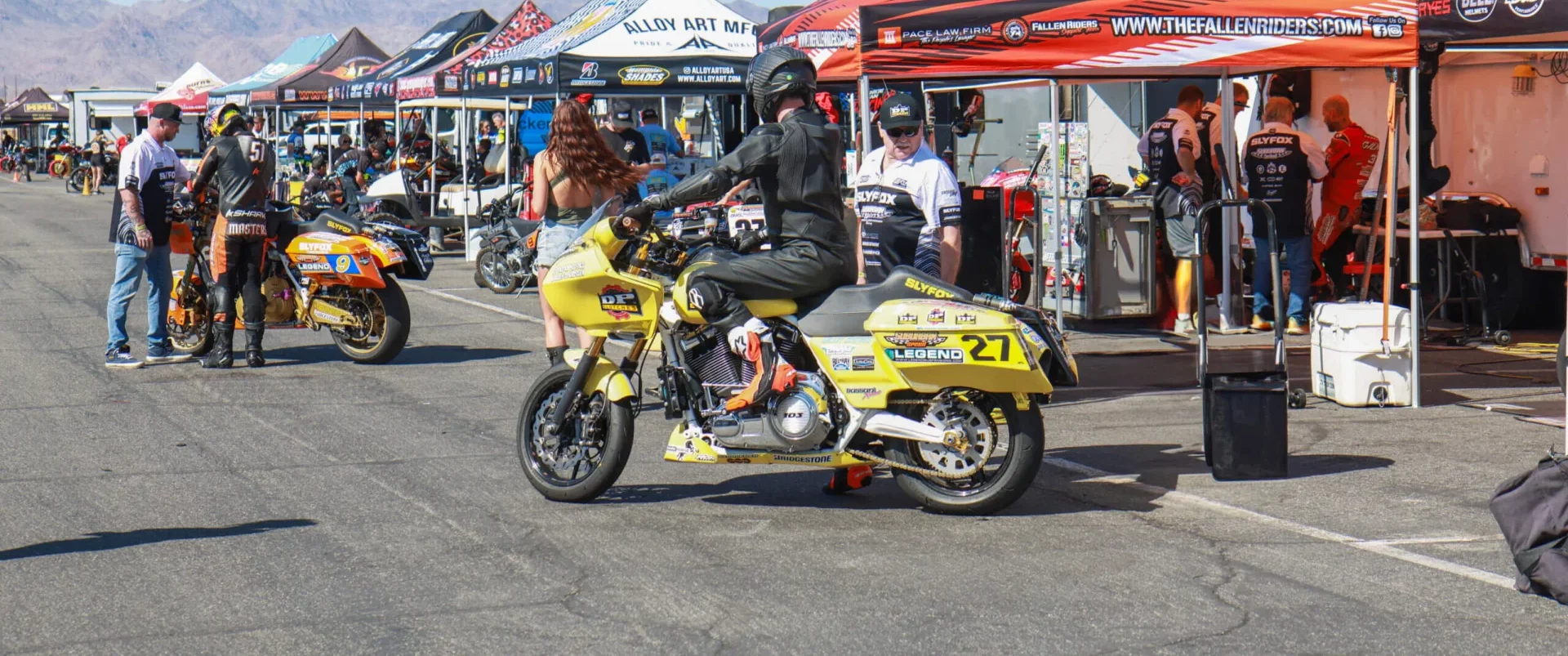Cut IndyCar some slack over new car - even F1's struggling
IndyCar is getting plenty of flak for not having its next car or ruleset laid out. But if you consider the identity crisis that even F1 seems to be going through right now, is it any wonder other series are struggling?
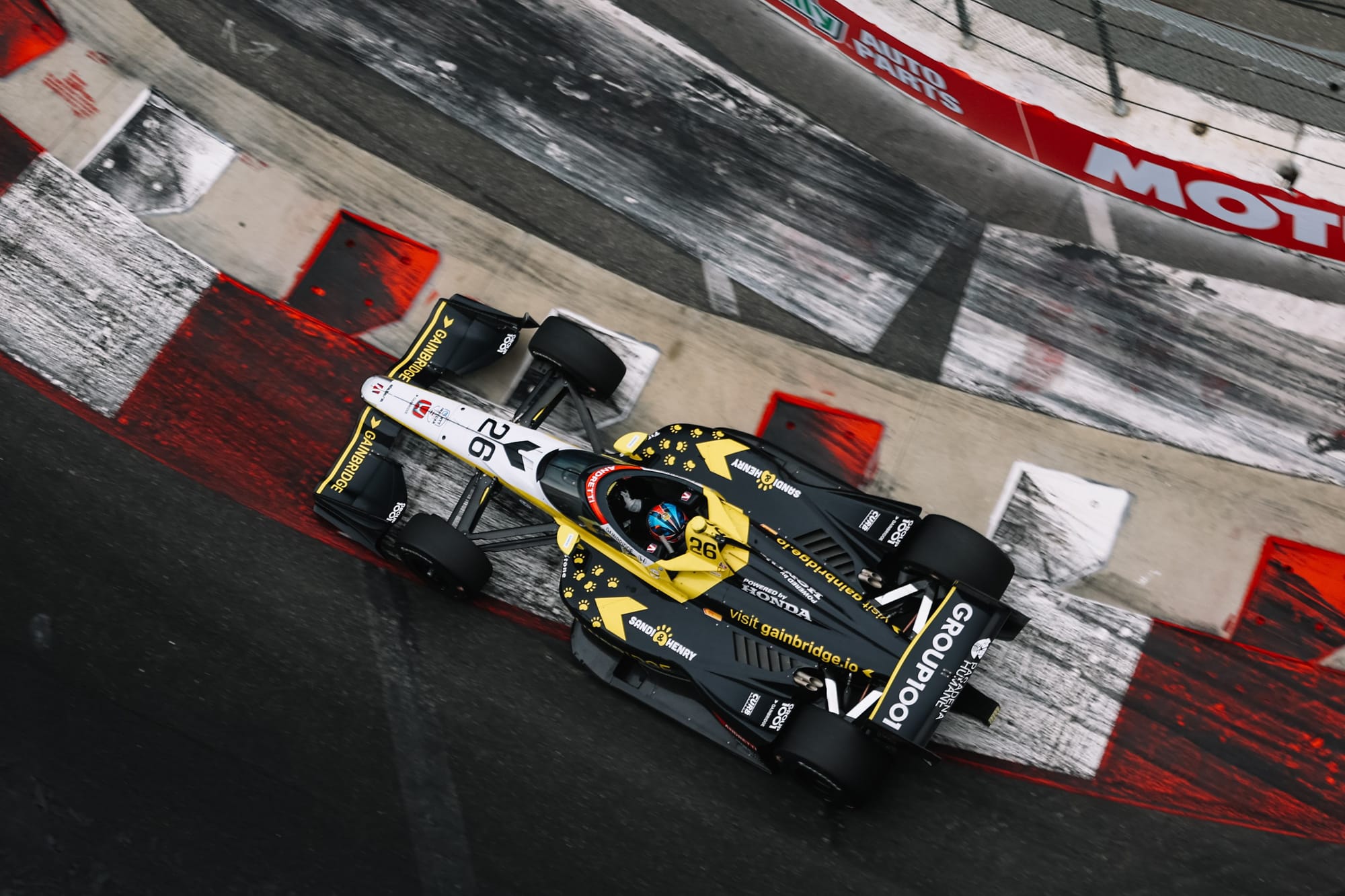

Formula 1's recent indecision and discussion over how best to form its next rules cycle hits home the size of the task facing other, smaller series such as IndyCar.
F1's next ruleset will involve increased reliance on the electrical element of the hybrid unit, from 2026 until 2030.
In recent weeks, discussions have centred around switching back to a V10 or V8 during the next rules cycle, and before that there was a brief flirtation with scrapping the 2026-30 engine formula completely in favour of going back to non-hybrids sooner.
Ultimately it looks like F1's original plan of introducing the next cycle has prevailed, defeating the V10 suggestion.
IndyCar is not in an entirely different position, although its focus is more on a car than an engine and is on the next ruleset slated for 2027, as opposed to working out the formula that might come after that like F1 is.
We're not comparing apples with apples here, but the point is that F1 is massive in comparison to IndyCar but it is also struggling with what direction to take next - and it feels like none of the available options particularly tick all the boxes or are an ideal solution.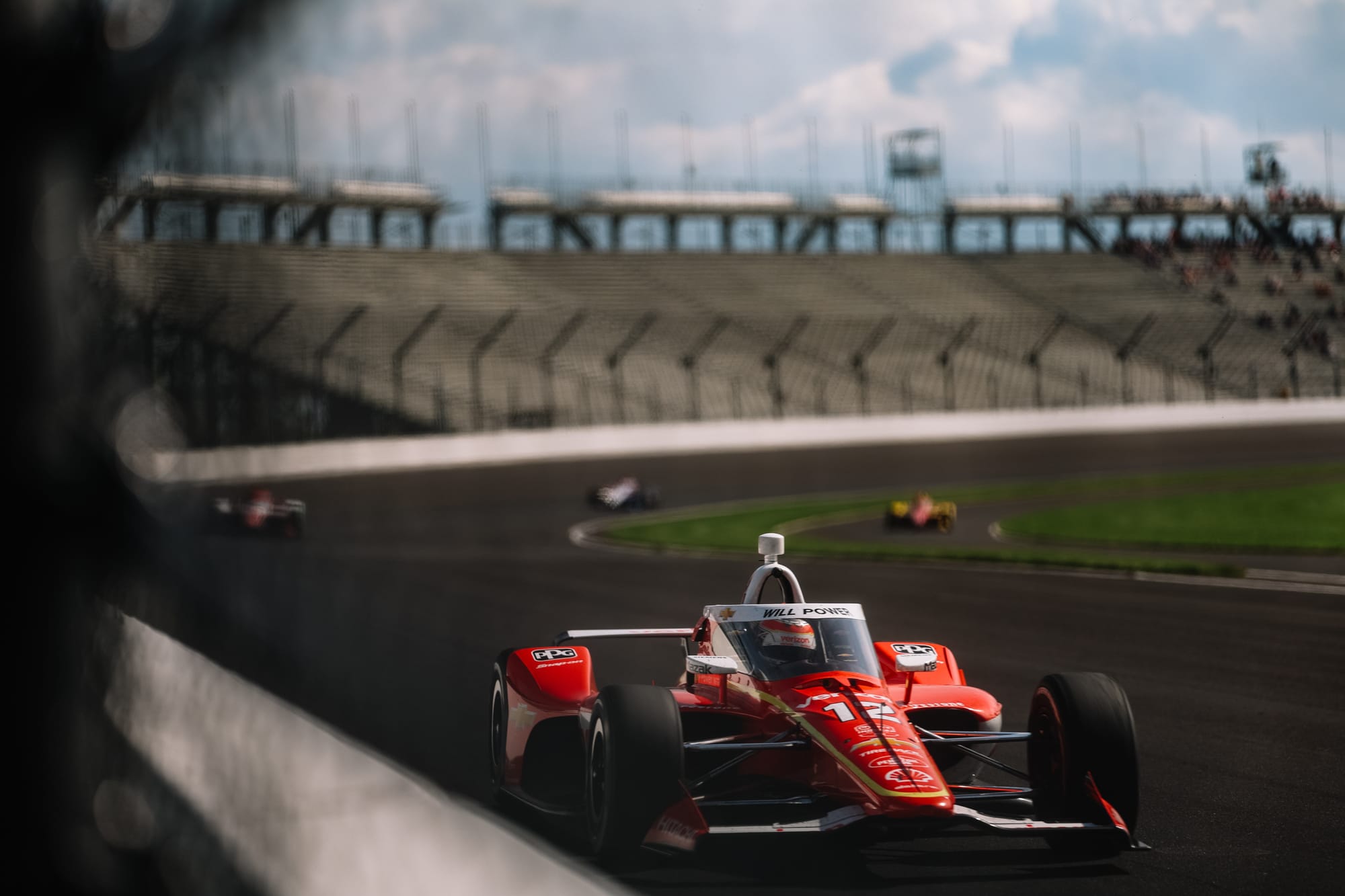
The chicken and the egg question is, with fossil fuels running out, what's next? Electricity has been a bridge with its clean and efficient power, but best not to talk about the carbon footprint an electric car has, not to mention the geopolitical implications of what mining for the minerals and so on needed for batteries entails, nor how batteries are disposed of.
Hydrogen hasn't so far proven the answer either, and while renewable fuels are good in small quantities for motorsport they also have global supply chain complications depending on what they are made out of and don't yet appear scalable, at least from what this writer can ascertain, in terms of the energy used to make them or the infrastructure to make it in vast quantities.
Those are big-picture questions, but part of why it's so hard for racing to choose a next step is because the manufacturers that underwrite at least a significant portion of motorsport budgets aren't always aligned on what cars should be made with or powered by.
I think it's fair to say in IndyCar, Honda was keener for the series to produce a hybrid formula than fellow engine supplier General Motors, even if both agreed and ran with the idea. There's an example of the difficulty in keeping manufacturers happy because they have different goals.
IndyCar has confirmed a continuation of hybrids with the next rules cycle. And contrary to Penske Entertainment president and CEO Mark Miles' comments in the article we've linked to, he was corrected a few weeks later when Roger Penske confirmed the new car was coming for 2027.
IndyCar holds weekly meetings to discuss the new car, with the project being led by Rich Shearing, chief operating officer of the Penske Automotive Group.
Hiring Shearing in this role has been criticised by some fans and members of the paddock because he doesn't have extensive motorsport experience. But to counter that point, he's extremely well-versed in the automotive industry.
With Chevrolet and Honda's contracts running until the end of 2026, and neither having yet publicly committed to remaining in the series, getting the next car right from a manufacturer backing point of view will be absolutely crucial. Both could walk away from the series and leave IndyCar without an engine manufacturer in a worst-case scenario.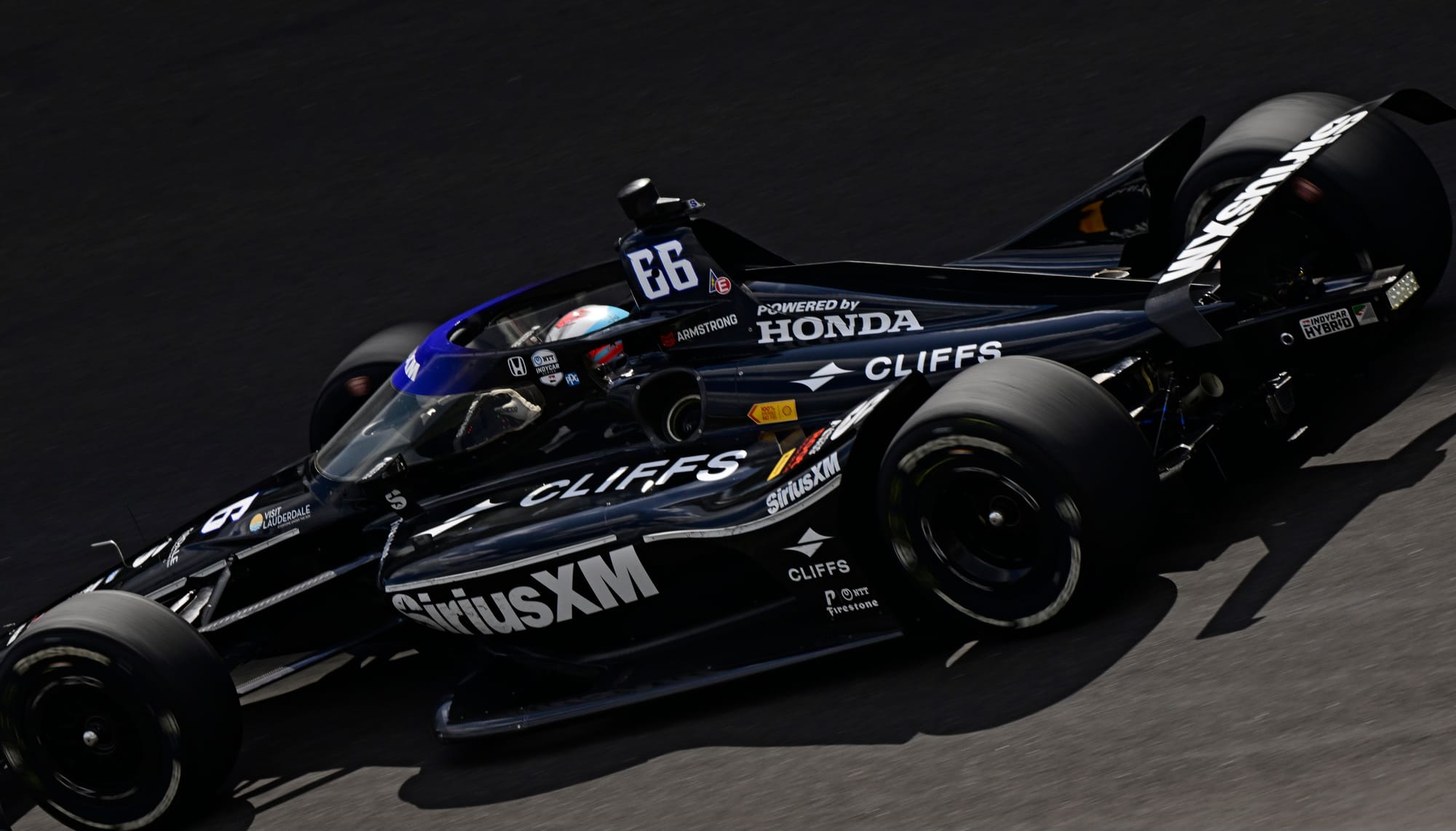
Chevrolet and Honda supply teams at a loss and have done mostly since Lotus left the series (after one year) at the end of 2012. They are constrained and stretched to the very limit in supplying 27 cars for the whole season, and a minimum of 33 at the Indianapolis 500. Four engines per car are allowed, plus spares for when teams inevitably break that rule - so most of the 27 will end up using five or six engines per season.
The manufacturers also play a massive part in the development of the rest of the car, offering engineering support and driver-in-loop simulation, with both manufacturers adopting a sum-of-the-parts approach knowing how the engine is packaged is crucial and how the rest of the car works also impacts the decisions made with the engine. It's all linked.
The recent threat of tariffs has also brought with it significant obstacles. Dallara will make the next IndyCar and, short of some small pieces for the car made in Indianapolis, the majority of that work is done in Italy. Elements of the hybrid, the exhaust, choice of wheels, belts and so on mostly come from abroad and while there may be US alternatives in some areas, there aren't in others and prices could rise 25% in each area as a result. Or by whatever Donald Trump decides to put it up to on any given day...
There will be parts in the engine that would be subjected to increases from tariffs, too.
The racing fan in me is annoyed that IndyCar doesn't have a new car and future vision laid out, ready to capitalise on its success in recent years, and fears for its long-term future if it just tries to do a similar thing each year and expect a different result.
The more pragmatic journalist in me is willing to take into consideration the sheer number of factors that can impact what the next car looks like and how the project develops, and the catastrophe that would be rolling out a half-baked car/idea that doesn't tick the boxes for assisting with the growth of the series.
And should we be criticising how close to 2027 it is at this stage? We know very little, but what if IndyCar had outsourced the whole project to overseas suppliers and then the threat of tariffs hit? You can't spend forever not making a decision, but there's some security in pragmatism, too.
Time is running out and there does need to be more clarity soon. But world events, and even motorsport-specific ones, show how tough running a racing series is right now, whether it's F1 or IndyCar.







